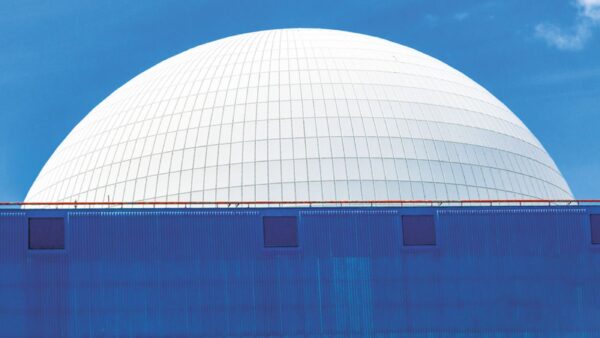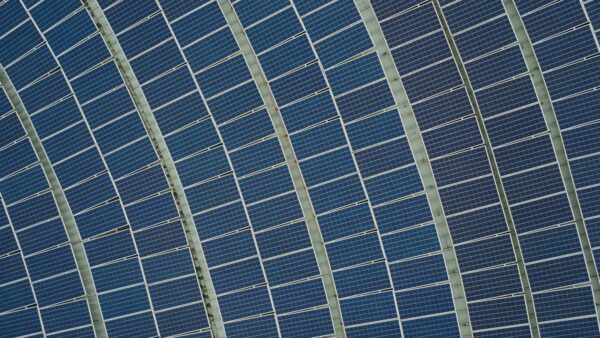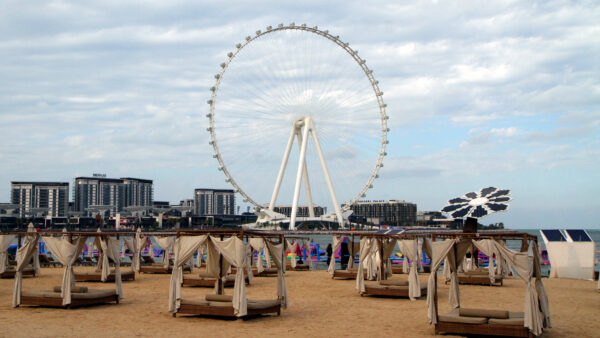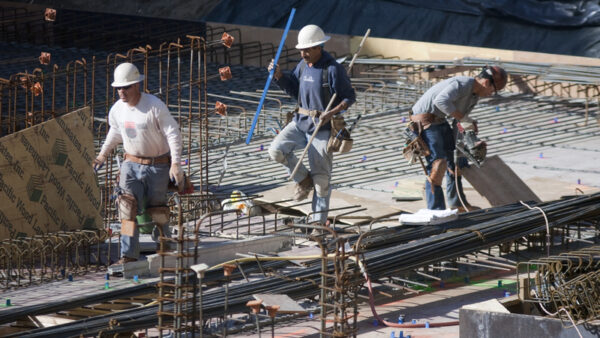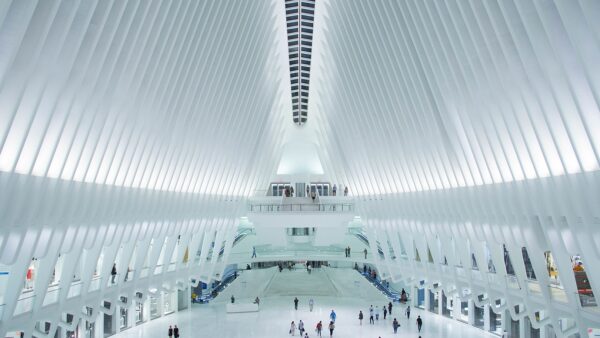Indian prime minister Narendra Modi has agreed a memorandum of understanding to build a $236m dam near the Afghan capital of Kabul.
The deal was reached during a video meeting held on Tuesday with Ashraf Ghani, the president of Afghanistan, and signed by India’s external affairs minister, S Jaishankar, at the presidential palace, reports The Times of India.
The 92m Shahtoot Dam will be built along the Kabul River over a six-year period. It will store 146 million cubic metres of water, serving 2.2 million residents in the capital as well as providing irrigation for 4,000ha of agricultural land.
The dam was first mooted in November, one of a number of development initiatives announced by India for its northern neighbour.
Some 70% of Kabul’s 4.3 million people have no access to piped water, and the city is facing a growing water crisis. In 2018 there was a drought that led to a 10m fall in the Kabul River basin’s water table, and further falls are expected as the effects of global warming become more severe. The effects of water stress are being exacerbated by rapid population growth, which is expected to double the city’s population by 2030. Â
Speaking at the virtual summit, Ghani said, “With the Shahtoot reservoir, we will be able to implement our vision of restoring natural beauty that captivated the imagination of Babur [founder of the Moghul empire]. I [thank] India and Prime Minister Modi for this gift of water.”
The deal also has a geopolitical role, as India has long been competing with Pakistan for influence in Afghanistan. Over the past 20 years, India has spent around $2bn on reconstruction projects.
During the meeting, Modi assured “all Afghans” that India would stand with them, and added pointedly: “No outside powers will be able to hinder our friendship or affect your growth.”
He also called on stakeholders to “stop giving sanctuaries and stop interfering in the affairs of their neighbours”.
Ahmad Samin, a former World Bank adviser, told the Arab News website that Kabul should “act prudently” in its ties with India.
He commented: “At face value, the construction of the Shahtoot Dam could be observed as a positive step toward developing Afghanistan. Yet, one has to question the timing and partnership not only on this project but other lesser-known contracts also involving India.”
Image: Kabul is the fifth fastest growing city in the world. Around three-quarters of its population live in slums (Joe Burger/CC BY-SA 2.0)
Further reading:

